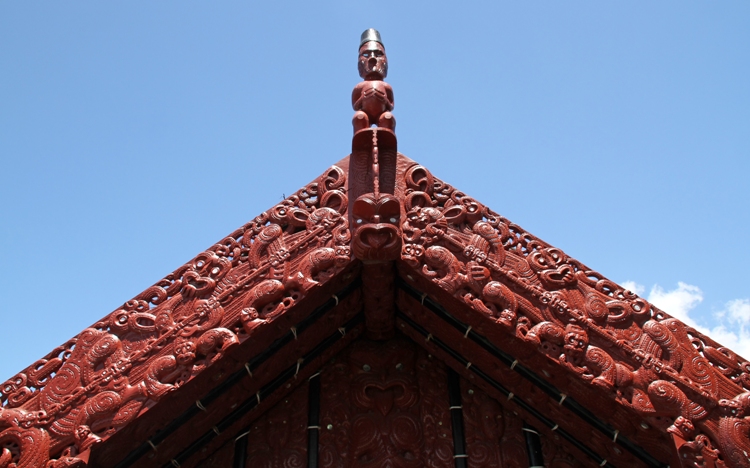Govt Strengthens Reporting on Treaty Settlement to Enhance Delivery for Māori
New Report Highlights Progress and Challenges in Fulfilling Crown Obligations Under the Treaty of Waitangi.

- Country:
- New Zealand
Māori Crown Relations Minister Tama Potaka has announced the release of the first comprehensive Whole of System (Core Crown) Report on Treaty Settlement Delivery, offering unprecedented insight into how government agencies are progressing with their Treaty of Waitangi settlement commitments.
For the 2023/24 reporting period, the report reveals that 77% of the 14,594 core Crown commitments assigned a status are either completed or on track, 18% are yet to be triggered, and 5% face delivery challenges.
“The Government is firmly committed to honouring Treaty settlements and providing better public services to Māori. This enhanced reporting ensures greater accountability and helps agencies refine their practices to meet commitments effectively,” Minister Potaka said.
Breakthrough in Transparency and Accountability
The report marks the first time in over 30 years of Treaty settlements that the Crown has compiled a system-wide overview of its performance. This milestone was achieved under the framework He Korowai Whakamana, which was approved by Cabinet in 2022.
The framework requires Crown agencies to annually record, track, and report on their settlement obligations. With contributions from 26 core Crown agencies, this data provides an unprecedented level of visibility into the successes and challenges of Treaty settlement delivery.
Diverse Commitments with Varying Complexity
Minister Potaka highlighted the diverse nature of Treaty commitments, which range from straightforward tasks like sending letters of introduction to more complex undertakings such as significant land transfers.
“While the majority of commitments are on track, complications can arise in a small number of cases, delaying or altering delivery. However, many of these issues have already been resolved through collaborative approaches with iwi,” he said.
A notable example is the resolution of redress related to Base Woodbourne in Treaty settlements with Kurahaupō iwi. Initial challenges with delivering this commitment as intended were addressed through dialogue, resulting in successful completion.
Key Findings and Areas for Improvement
- 77% of commitments are either completed or on track for completion.
- 18% are yet to be triggered, often due to dependencies like legislative or procedural requirements.
- 5% face issues, ranging from resource constraints to unanticipated complications in implementation.
The report underscores the importance of sustained investment and innovative approaches to overcome these barriers.
Future Goals and Ongoing Work
The Government aims to refine its practices to deliver settlement commitments more efficiently, with a focus on increasing delivery rates and improving agency collaboration with iwi. Continued annual reporting is expected to drive progress over time, fostering improved outcomes for Māori and all New Zealanders.
“This report is a step forward in ensuring transparency and accountability. It allows us to address challenges head-on and invest in the sustained delivery of these commitments. There is a lot of mahi ahead, and we are committed to accelerating progress,” Minister Potaka said.
Next Steps
The Government will continue to monitor delivery performance, identify areas for improvement, and collaborate with iwi and stakeholders to ensure Treaty settlements uphold the Crown’s obligations under the Treaty of Waitangi.
For more information, visit Treaty Settlement Progress Report.
- READ MORE ON:
- Māori
- Tama Potaka
- Treaty of Waitangi










